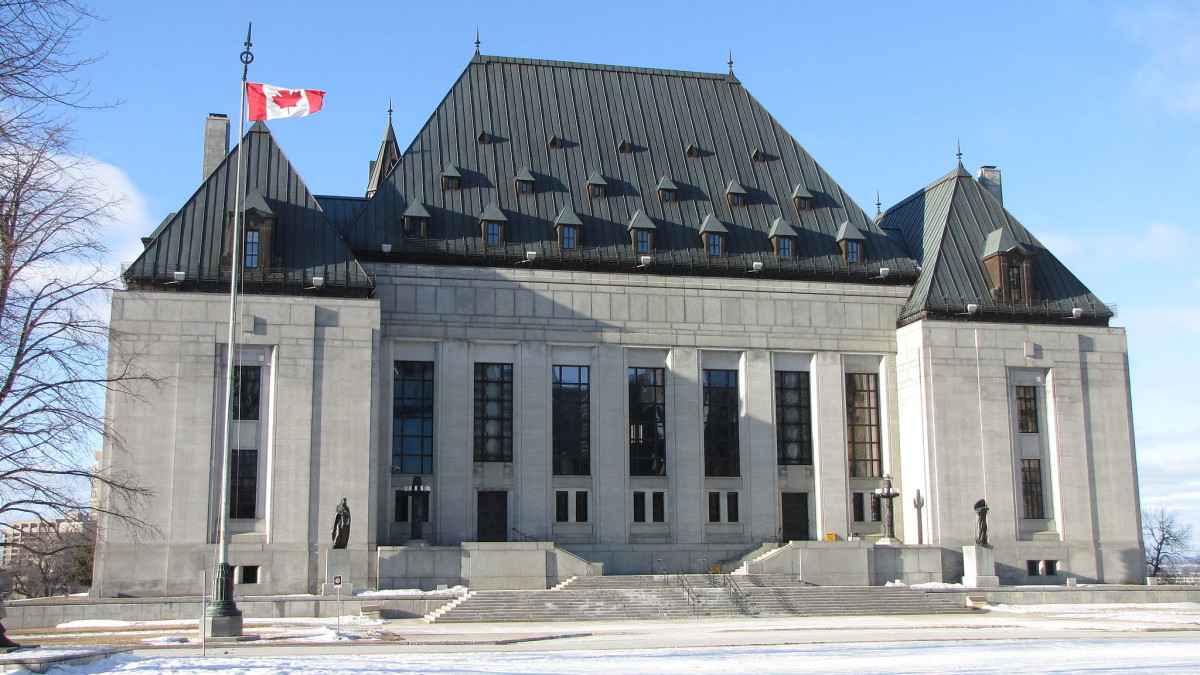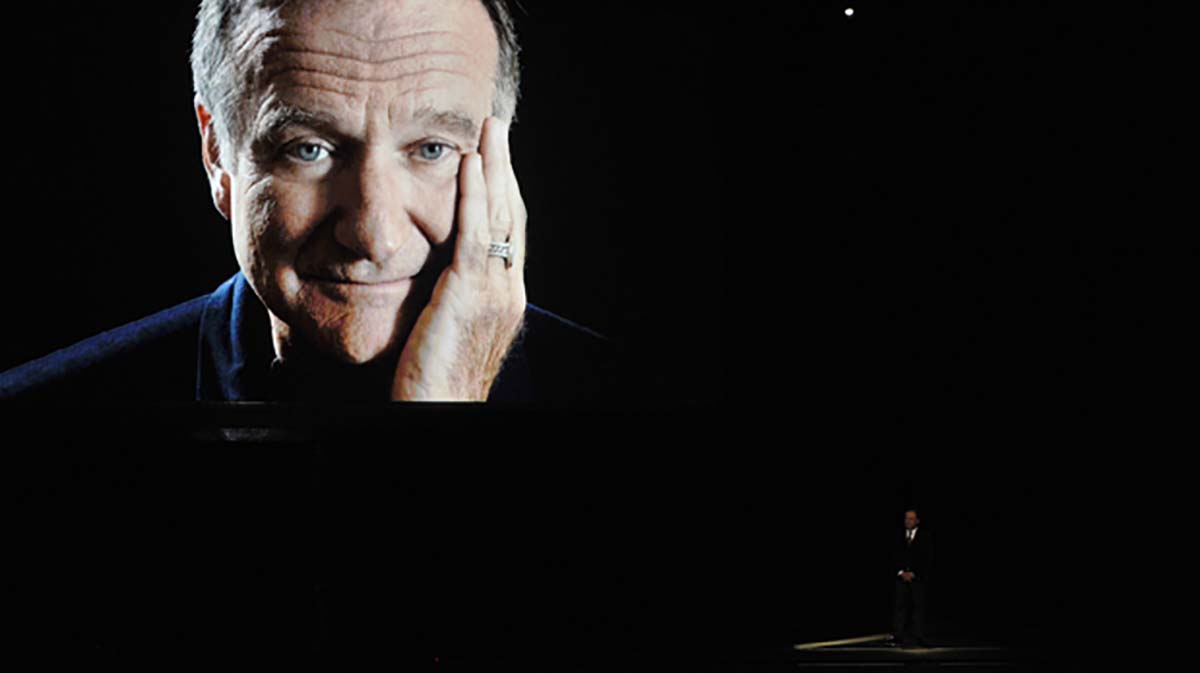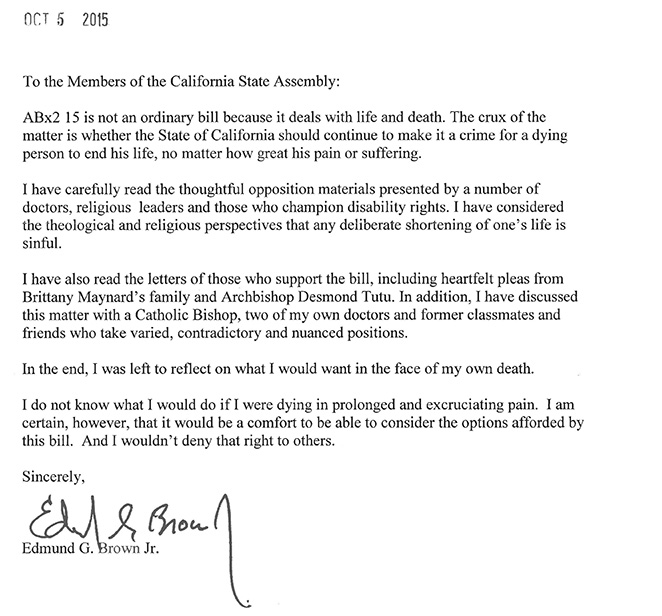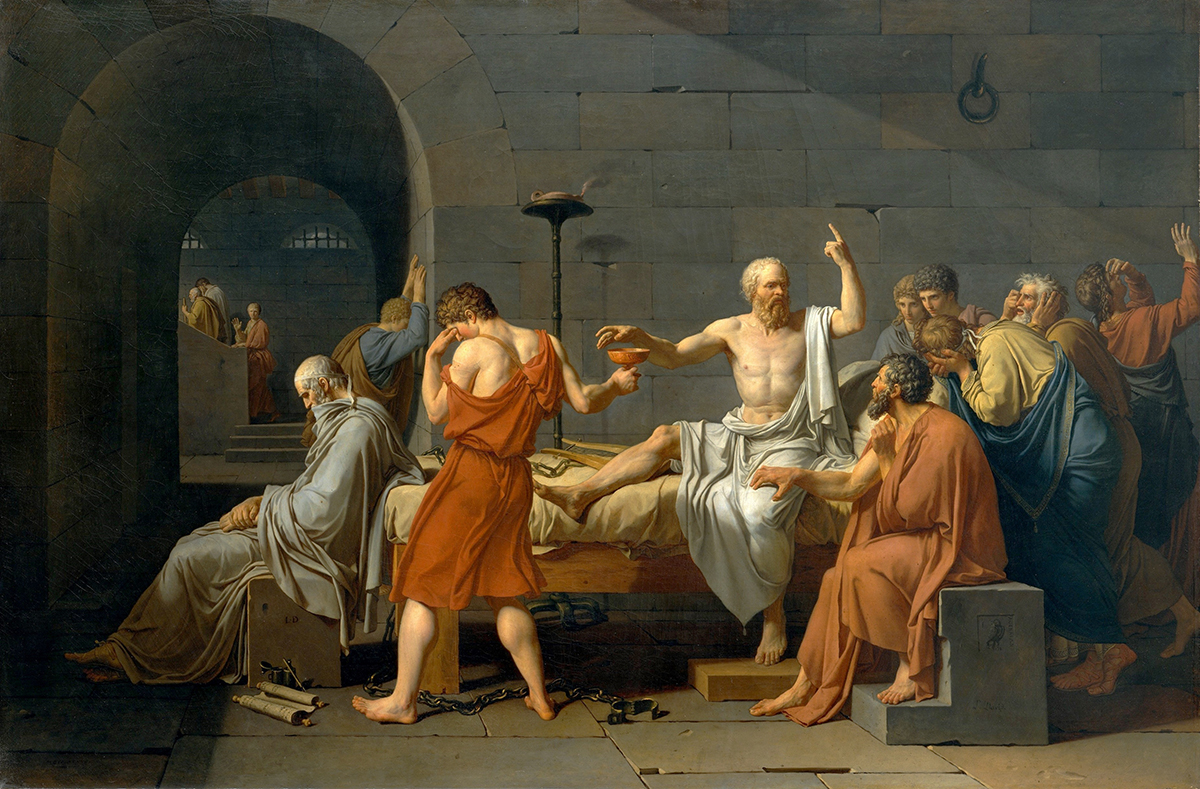André Picard, one of Canada’s foremost healthcare journalists, published an article today in which he analyzes the funding rationale for his country’s healthcare system.
Canada has the most singularly bizarre health-funding model in the world. It is, to use the technical term, bifurcated – meaning there are two distinct categories.
“Medically necessary” care, defined as hospital and physician services, is paid 100 per cent from the public purse. Selling these services privately is, with few exceptions, illegal or subject to punishing penalties…
The rest of health care is, by default, not deemed medically necessary, but still gets varying degrees of public funding. Only about 6 per cent of dental care is paid publicly, as are almost half of prescription drug costs, and about two-thirds of long-term care costs.
Given Canada’s perennial healthcare budget deficits and notorious waiting lines for medical care, Picard adds:
Getting the mix of public and private care right means ensuring everyone has access to essential care in a cost-effective manner, and still allowing patients a modicum of choice, and the ability to supplement their publicly funded care with other services.
At some point, we have to make some clear, coherent decisions to ensure that happens. Doing so begins with asking, and answering, the question: What is really “medically necessary”?
The final question Picard asks couldn’t come at a more opportune time.Continue reading “Is assisted suicide “medically necessary?””








